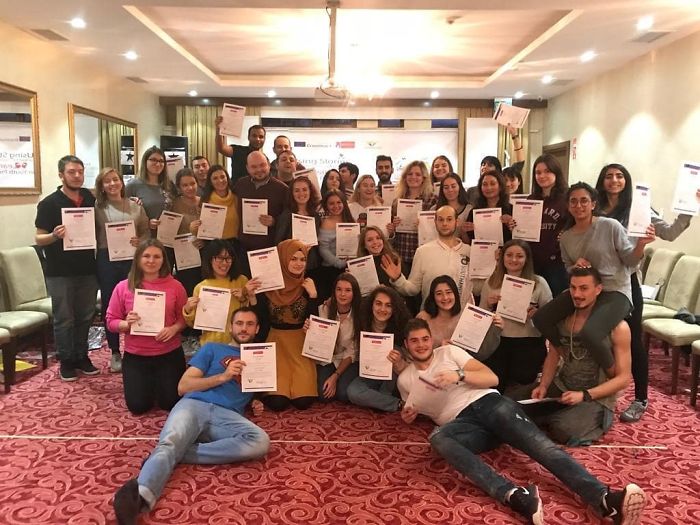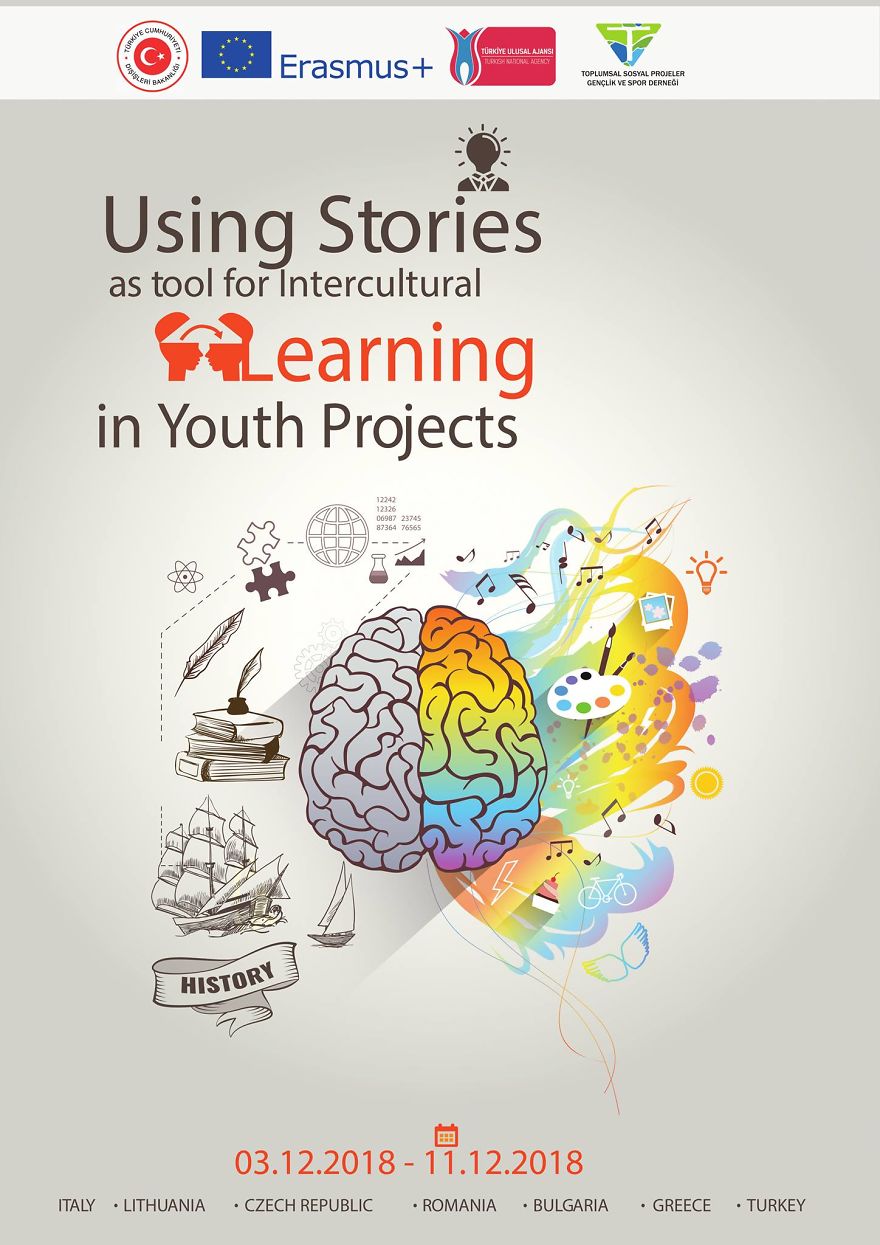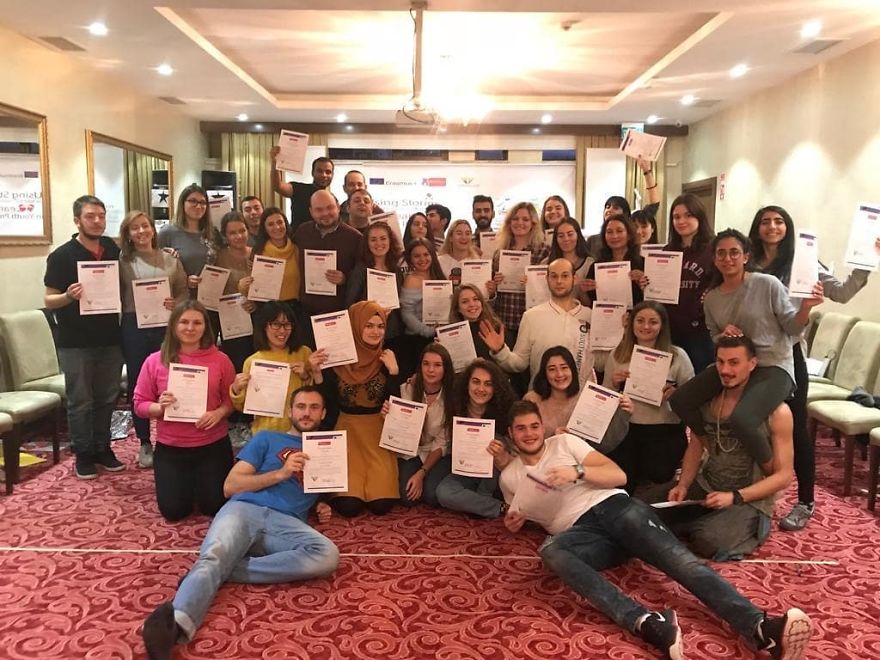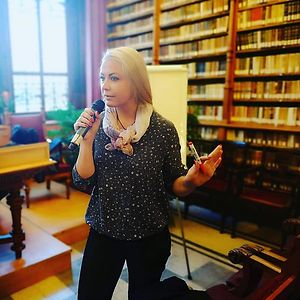
We Created Stories: From “Old School” & Boring To Present, Interesting & Inclusive!
Ladies and gentlemen, teachers and students, educators and learners! If you have ever gone to school so this is definitely for you to read is a must.
I still remember all those classes when I had to learn some subjects at school by heart, word by word from the book and no one in fact took care how much I will remember, how much I will understand and how long I will remember. Almost 20 years passed when I graduated high school but I prefer to say, almost 20 years were waisted by the education systems in majority countries where standardised tests, final exams and the marks are the most important when it comes to evaluation of the knowledge of students. Exactly! The knowledge, not competences, not skills but knowledge. The same knowledge that you can easily find, discover by yourself in Google, in Academia.edu, in Research Gate, in many others websites, databases, open learning recourses.
Today and now I would like to present and share something different, something much more interesting and much more attractive for young learner, person and citizen who prefers competences more than knowledge, intercultural dialogue puts in the priority.
Welcome “Using stories as tool for Intercultural Learning in Youth Projects”.
Yes, no miracle, just one more non formal education method that works in reality: how to teach and learn, how to involve, raise interest and even keep attention of the generation that is always blamed by elders: “oh, that terrible and not focused “Z generation”, “selfies generation”, they are not motivated, they are interested only in digital staff, only “online” life and “likes” under the posts.”
Stories connect generations and remind us of the values we should have. When we know someone’s story, it becomes easier to like them. It doesn’t matter what cultural differences we have, we all have stories in common. Stories make other people share that perception of sense and, sometimes, to see their experiences in the same way. The overall aim of our project which sees project as a tool has been to promote social justice by developing dialogue and intercultural learning in the long-term.
The aims of the projects were reached during the youth exchange and has been carried out in Bursa between December 03-11, 2018. There have been 36 participants in total from 7 different countries (Italy, Lithuania, Czech Republic, Romania, Bulgaria, Greece and Turkey), 2 mentor, 1 educator, project representatives and staff. The participants profile have been between the ages of 16-40 who were eager to learn different cultures, motivated t run social activities with teamwork and has obstacles in social-cultural, economic, cultural and geographical potentials.
There has been mainly used non-formal education methods as teamwork activities, simulations, role-playing, energies, icebreakers, workshops, presentations, outdoor activities, discussions and debates, assessments and evaluations, feedbacks and questionnaire. Thus, our participants have develop themselves in teamwork, organisation, communication in mother and foreign tongue and self-expression skills.
Intercultural learning experience has provided positive motivation and raised awareness about European Citizenship among our participants. Our partners have been aware of how precious their works were and motivated to reach more youth, when they have recognized the positive attitudes of their participants and how the youth works are important for them. The participants with disadvantages, have felt precious and important when they have been included in an international organisation. Besides that dissemination activities has raised awareness about European Citizenship in locally.
The project was funded by Erasmus Plus programme and approved by Turkish National Agency. (Lucky us!)
115views
Share on Facebook




1
0